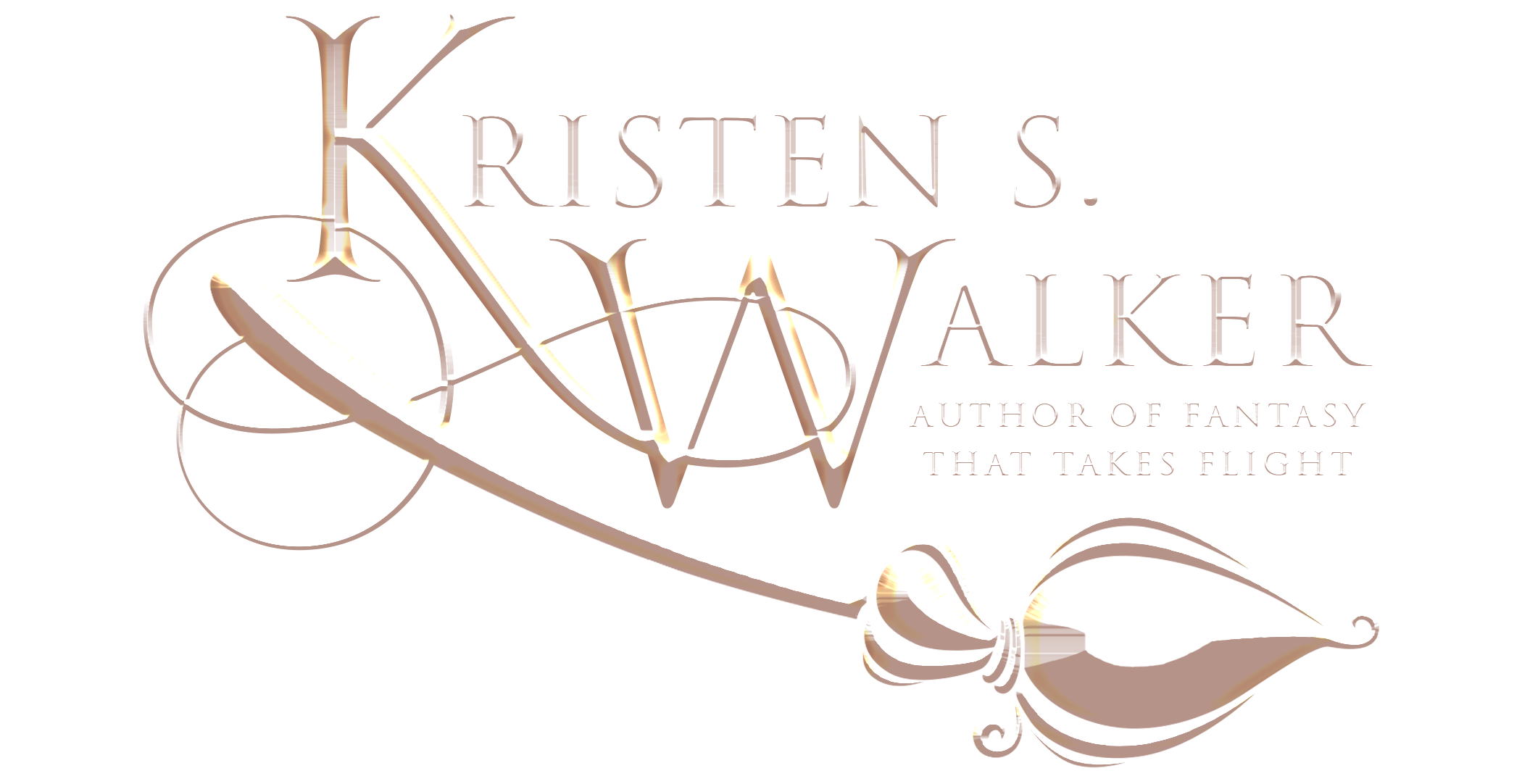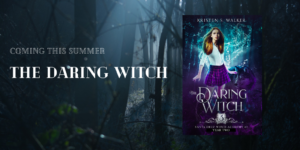Receiving critiques and knowing what to do with them is hard. As a writer, you need to get people to read your stories and give you a perspective other than your own. Fresh eyes can tell you so much about a story: is the picture in your head actually coming through on the page? Have you left out important pieces, needlessly repeated yourself, or gone off on a tangent that just doesn’t make sense? A reader can tell you all of this and give you suggestions for improving your work that you may never be able to think of on your own. People who are willing to read your work-in-progress and give you feedback about it are an invaluable resource, whether you pay them or they volunteer their time.
But how do you decide what to do with those critiques once you’ve received them? That is the challenge. Sometimes people may not understand your work, or it’s not really their type of story, or they may have suggestions that you just don’t agree with. This is complicated when you are getting feedback from multiple people, who can often contradict one another. “More description!” says one person. “The prose drones on without any plot!” says another. How do you maneuver through the myriad responses and try to find the elements that will actually help you improve your writing?
Like any issue in writing, there just isn’t an easy answer. Yesterday, I realized that navigating through conflicting critiques was a little bit like trying to put together a jigsaw puzzle that comes with extra pieces. Not all of them are going to fit the big picture, but you can’t tell right away which ones are right or wrong. You have to go through the whole thing a piece at a time and weigh each option individually while considering it against the whole.
Having a firm idea about your end goal is one thing that can help. If you know that you want your story to focus on an individual character’s personal life and feelings, then you know that suggestions like “Have more exciting action sequences!” or “Tell us what this other character is doing!” are not really going to fit. And if you know that your novel is mostly geared toward younger readers, if someone points out that something is a little offensive or too harsh, then dialing it back on that element will help you focus in on your target audience.
Sometimes, criticisms will hurt. Any writer is going to have some insecurities, and knowing that someone took the time and effort to read your story, with helpful suggestions in mind, and then decided that they didn’t really like it–well, that’s hard to listen to. And you can say logically that the story is just not right for them, and you can’t write to please everyone, and some comments are just best ignored, but that doesn’t mean that there isn’t some little corner of your heart that is hurting after you read those words. After all, you took a risk to put your hard work out there and that story is your baby.
Well, if you start getting bad critiques, first of all, stop and think about if they are saying anything that you can use–maybe that character you love really does need to be removed from the story because they don’t add anything useful–but also use it as an opportunity to grow some thick skin for those negative reviews down the line. Remember, when you publish your work and people pay for the privilege to read it, then you’re going to get negative reviews.
Let me emphasize this: everything gets negative reviews. Even if it’s on a list of the Top 100 Greatest Works of Literature of All Time according to Amazon sales rankings and Time magazine, there’s going to be someone who doesn’t like it and finds something to criticize about it online somewhere. There are people who hate Shakespeare, who think Stephen King is a hack, and who can’t read through ten pages of Harry Potter. And they are not going to be nice and phrase their criticisms as “constructive feedback” with suggestions for improving it–they’re going to say “I wasted ten bucks on this book and it sucked. How did this drivel get published/get high sales rankings/get a Hollywood movie deal? The author should be shot.”
So, when listening to someone’s well-meaning but not-so-useful feedback, take a deep breath and remember that it’s meant to help, but you never have to take a suggestion. If you know that removing the scene with the cockroach in the bathtub will ultimately change the tone of the novel and alter your message about modern living in an urban environment, then ignore the suggestions to cut it (no matter how good their reasons may sound), thank them for their time, and move on.
Only you can decide what should be in your novel and why it should be there. You want to put out a novel that you can stand behind–because if you try to write to please everyone, you will probably end up with a generic mishmash of nothing.
On the other hand, if you never listen to negative feedback–and you try to argue against it–then you probably shouldn’t ask for critiques in the first place. If all you wanted was for someone to tell you, “It was great and I loved it!” then give it to your mother or your significant other to read, because they are probably the only ones who will give you unconditional praise.



